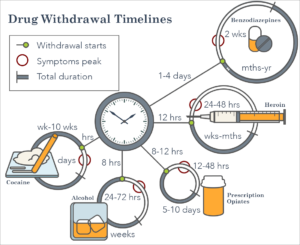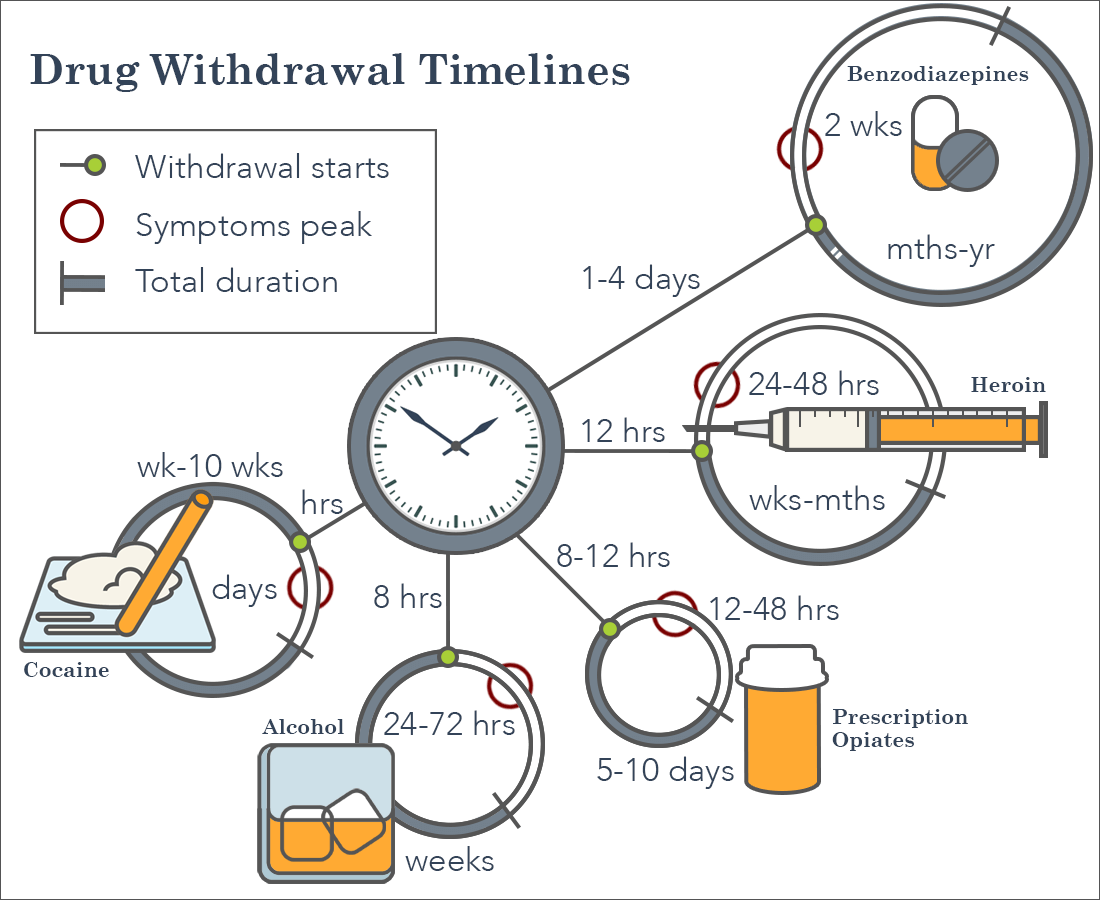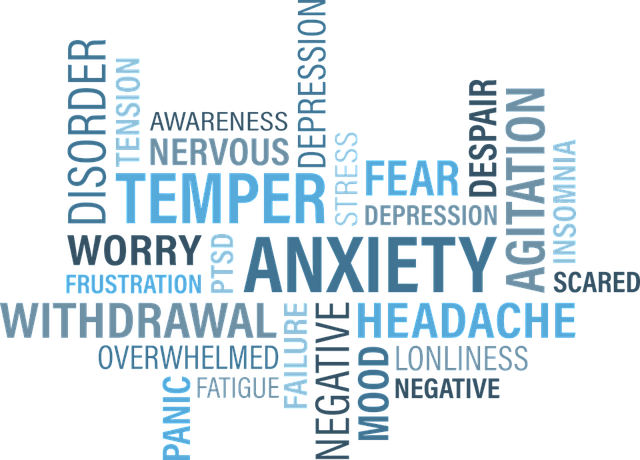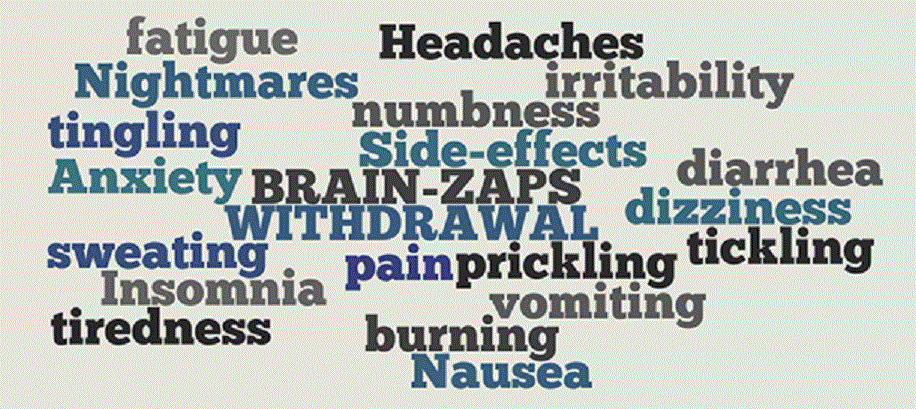Couples Inpatient Drug Rehab Auburn Alabama Addiction Treatment
What Is Couples Addiction Treatment Auburn, Alabama Addiction Treatment?
Seeking addiction treatment together in a rehab for couples can be beneficial for a number of aspects, specifically when both partners are devoted to the relationship and to ending up being neat and sober. Providing that both partners are willing to begin the healing process, couples rehab can assist not just break the cycle of addiction, however similarly enhance the relationship by assisting the couple take a look at and change the issues that resulted in their addiction in the very top place.
Couples who are addicted to drugs or alcohol frequently experience troubles with setting limits, exposing feelings, choosing, parenting, and handling financial resources. Couples rehab deals education, capabilities, training, and treatment to assist partners to attain improved ways of handling these difficulties. Even if just one partner has an addiction, the other partner can gain from couples rehab by discovering to deal with particular triggers and helping the other stay sober.1 Whether one or both partners need addiction treatment, specialized couples rehab teaches the tools required to eliminate challenges, avoid relapse, and attain lasting recovery.
What to Anticipate in Couples Rehab
The prospective result is an enduring recovery, and a much healthier, better, and substance abuse-free relationship.
In addition to the basic treatments for drug abuse, individuals in couples rehab can expect to concentrate on the health of their relationship. Specific treatment is handy for dealing with the drug abuse issue, however, may ignore or area a lower concentrate on relationship issues. Integrating relationship counseling and drug abuse treatment in couples rehab tackles the issue from all angles, which can provide the absolute best opportunities for healing and for restoring the relationship. Couples drug and alcohol rehab likewise supplies a framework for life after treatment, as the couple may face uncharted area when they both start living clean and sober lives.
Auburn Alabama Couples rehab can be either inpatient or outpatient or a mix in which one partner is treated as an inpatient and the other goes to sessions as an outpatient. The format you choose depends mainly on your unique requirements as a couple and whether one or both partners are suffering from a drug abuse issue.
Throughout the course of inpatient treatment, the private fighting with drug or alcohol addiction lives at a residential drug rehab facility, whereas outpatient rehab enables the client to continue living in your home while getting treatment at the facility. No matter the format, medical research study exposes that partners who attend couples rehab for drugs or alcohol together report a higher degree of abstinence, greater levels of complete fulfillment with the relationship, and far better working within the home than couples who just choose specific addiction treatment.
Dealing with drug abuse problems with the particular tools and approaches made use of in couples rehab enables you both to concentrate on achieving sobriety and repairing and strengthening your relationship. The potential outcome is a lasting healing, and a much healthier, better, and substance abuse-free relationship.
Recognizing Addiction in Couples
Partnerships where both members of the couple use drugs are truly typical. The National Abandoned Infants Assist Resource Center mentions that, in particular, women who use drugs or alcohol are more than 2 times as likely as men to have a partner who is likewise a compound abuser.
The relationship itself can be harmed by this drug abuse, even if the couple is committed to making the relationship work. Based upon info from the American Association for Marital Relationship and Family Treatment, indications of a problem for the relationship include:
- Substance abuse or drinking is the only thing the partners enjoy doing together.
- Compound use causes domestic violence on the part of one or both partners.
- The partners require to be intoxicated or high to reveal love or speak about the relationship.
- The partners ignore typical duties, such as housework or childcare.
These issues establish on top of the negative results that establish for each individual, making complex drug abuse and often resulting in increased abuse. When this gets to be extreme, one partner might select to search for treatment.

Your addiction doesn’t have to control your life or your relationship. Don’t wait until the damage is irreparable. Call us now.
Withdrawal As A Couple In Auburn, AL
What Are Some Drug Withdrawal Symptoms?

Source:AmericanAddictionCenters
The symptoms of drug withdrawal, and the length of that withdrawal, vary depending on the drug of abuse and the length of the addiction. These are a few withdrawal symptoms and timelines for major targets of abuse:
- Heroin and prescription painkillers: flu-like symptoms lasting an average of 5 days
- Benzodiazepines: anxiety and/or seizures lasting weeks or (in some cases) months
- Cocaine: depression and restlessness lasting 7-10 days
- Alcohol: tremors and/or seizures lasting three days to several weeks
The severity and duration of withdrawal is influenced by the level of dependency on the substance and a few other factors, including:
- Length of time abusing the substance
- Type of substance abused
- Method of abuse (e.g., snorting, smoking, injecting, or swallowing)
- Amount taken each time
- Family history and genetic makeup
- Medical and mental health factors
Dual Medical Diagnosis As A Couple Explained
Lots of people detected with a substance use disorder (SUD) also struggle with a co-occurring psychological health or behavioral condition. This is referred to as a double diagnosis. Individuals with a dual medical diagnosis need an integrated treatment strategy that solves both conditions as interconnected mental health problems.
By seeking treatment for addiction and a co-occurring behavioral or psychological health condition, you will stand the absolute best possibilities of successfully obtaining the fulfilling, healthy life you are worthy of.
“According to the National Survey on Substance Abuse and Health (NSDUH), 45 percent of individuals with addiction have a co-occurring psychological health condition.“
Types Of Mental Health Issues and Addiction
There are a few mental health and behavioral conditions that consistently present themselves together with addiction. Frequently, these disorders are the hidden reason for an addiction. That’s why it is required to never ever overlook the indications of a psychological health or behavioral disorder when it pertains to a person’s long-term addiction recovery plan.
Typical psychological health conditions connected to drug abuse include the following:
- Attention-deficit hyperactive condition (ADHD).
Individuals with attention deficit condition (ADHD) might be more likely to abuse substances as a method to handle their signs. Lots of individuals are prescribed stimulants to treat their ADHD, which can be habit-forming and cause a harmful pattern of substance abuse. - Bipolar illness.
About half of individuals with the bipolar affective condition also struggle with addiction. As with any other condition, it can be appealing to self-medicate. Alcohol and drugs provide a source of short-term remedy for psychological scenarios and manic episodes for individuals with bipolar. - Borderline Character Condition.
Research studies have actually exposed that addiction and borderline character condition (BPD) normally occur together. Over two-thirds of individuals with BPD have actually turned towards drug abuse eventually in their lives. - Depression.
An estimated one in 10 grown-ups in the United States have reported suffering from depression. Great deals of individuals identified with stress and anxiety effort to self-medicate with drugs or alcohol. This usually makes the concern even worse. The crash after the high can be wrecking for those with a pre-existing depressive condition. - Consuming Conditions.
Consuming conditions typically originate from strong experiences of inability. Drugs that suppress cravings are specifically common among individuals with these conditions. - Generalized Stress And Anxiety Condition (GAD).
The most common psychological condition in the U.S., generalized stress and stress and anxiety disorder (GAD) impacts 18 percent of the adult population. People who struggle with GAD may be most likely to abuse alcohol and drugs to manage their signs. People may likewise abuse benzodiazepines, which are exceptionally addicting prescription medications utilized to handle tension and stress and anxiety disorders. - Compulsive Condition.
Obsessive Compulsive Condition (OCD) causes a range of unfavorable fixations and fixations, such as an unreasonable worry of germs and the need to constantly neat. There are numerous variations of this disease. Individuals with OCD normally struggle with stress and anxiety and depression as an outcome of their unchecked habits, which can lead drug abuse. - Post-traumatic stress disorder.
When a person establishes trauma (PTSD) their brain produces fewer endorphins than a healthy brain, making them more likely to turn towards alcohol or drugs to feel happy. According to the U.S. Department of Veteran Affairs, almost 75 percent of soldiers and veterans who experience a horrible or violent occasion during fight report repeated alcoholic abuse. - Schizophrenia.
Schizophrenia is identified by hallucinations and delusional thinking. Diagnosing schizophrenia in addition to an addiction can be challenging since both conditions share the precise same outcomes. When a person has schizophrenia and makes use of compounds as a method to self-medicate their condition, they run the risk of putting their health much more at risk.
Things To Consider When Choosing A Residential Treatment Programs For Couples Auburn, Alabama
Residential treatment, among the premium levels of care provided by numerous Auburn AL Couple Residential treatment centers, has actually helped numerous people in their pursuits of accomplishing better, healthier, and more satisfying lives. Within this kind of treatment, devoted, expertly trained, and multidisciplinary team member who have understanding in treating a myriad of psychological health and chemical reliance concerns are on-hand to use assistance, help, and the interventions required to assist individuals to reach their treatment goals. In addition, many treatment methods are used within residential care, which is backed by a research study and created to generate the most beneficial treatment outcomes. Among the various methods utilized within this level of care, the following are those that are most regularly executed into the treatment used within residential treatment programs:
- Cognitive Behavioral Therapy (CBT).
- Acceptance and Commitment Treatment (ACT).
- Dialectical Behavior Modification (DBT).
- Trauma-focused Cognitive Behavior Modification (TF-CBT).
- 12-Step approach
Couples Rehabilitation Centers
Choosing A Couples IOP Programs Auburn, Alabama
The structure of Couples outpatient programs Auburn, AL Extensive outpatient treatment, or IOP, is a science-based technique for addiction healing. Nevertheless, outpatient treatment isn’t right for every single rehab participant. What is IOP, and why do therapists base participation eligibility on specific aspects?
An intensive outpatient program can be the very first line of treatment, an action up from a less structured outpatient program when needed, or a step down from a residential program after a certain quantity of development is made. This assists to form a smooth continuum of care. Individuals may participate in a detox program prior to participating in an IOP when drugs or alcohol are still in the body and require to be safely processed out.
While IOPs can vary regarding what is included, in standard, there are a number of core services usually provided, according to the Drug abuse and Mental Health Services Treatment Enhancement Protocols (SAMHSA SUGGESTION). These consist of:
- Group and specific treatment sessions
- Habits modification sessions (both personal and in a group setting).
- Tracking of alcohol and drug abuse.
- Case management.
- Medical and psychological health treatment.
- Medical tools.
- Life capabilities training.
- Educational chances.
- Support system conferences.
- Access to 24-hour crisis management.
Reach out to us day or night – Our caring Treatment Consultants are waiting for your call right now. Call Now
What Are The Advantages of a Couples IOP?
An outpatient program might be more economical than a residential one, providing couples a more cost-effective choice for care. Insurance may likewise cover outpatient services or require people to attempt outpatient care prior to using protection for a residential program.
IOPs are normally finest suited to people who have a strong support system in your home. Both parties need to be on board with the treatment strategy, and ready and able to promote a motivating environment that contributes for recovery. Extremely skilled professionals work carefully with families and people to make sure that the care plan continues to be helpful throughout the whole of an IOP, making modifications to services and shows when needed.
Living in a Sober Home Together: What to Expect
An Auburn, AL couples sober living sober living homes are substance-free living environments for people in healing from alcohol and drug addiction. These sort of homes vary from rehab centers. These homes are generally found in tranquil communities, comparable to a typical home. People who reside in a sober living home can typically persist as they please as long as they follow curfew and rules and policies. Locals are usually required to take random drug tests to make certain sobriety. Individuals who reside in sober homes are anticipated to be accountable for themselves, pay for rent, and purchase and prepare their own food, much like if they were living in a routine house.
Learning how to live sober independently is a fundamental part of the healing process. The majority of addicted individuals have an enabler in their life who would usually do these things for them. Dealing with this enabler made it so they never ever needed to discover how to live separately and take commitment for their actions. Sober living houses need a certain level of accountability from their locals and enable chances for personal advancement.
Main Aspects of Living in a Sober Living House
- Responsibility
- Safe and sober living environment
- Strong support group
- Satisfying similar individuals in sobriety
- Routine drug screening
- Safe mix back into society
- Fresh start
When you try to find an addiction treatment program, it pays to understand aftercare services each center utilizes. Throughout the recovery treatment, the quality and duration of aftercare services can make a considerable distinction in your possibilities for lasting success.
Making The Choice As A Couple Today
When the couple has finished rehab, and the partners are managing recovery together, they can provide each other with an excellent source of assistance for future obstacles. With commitment, they can keep each other on track, help each other prevent triggers and cravings, and remind one another about the tools and skills learned in rehab. A challenge may occur if among the partners does relapse, as this makes it most likely that the other partner will relapse too. However, with continued participation in aftercare programs and a peer support system, the couple should have the ability to maneuver through these challenges and continue in recovery.
To reinforce the power of a romantic relationship in helping both partners to get and stay clean, learn more about what couples rehab in Auburn, Alabama has to offer Call NOW.
























Recent Comments